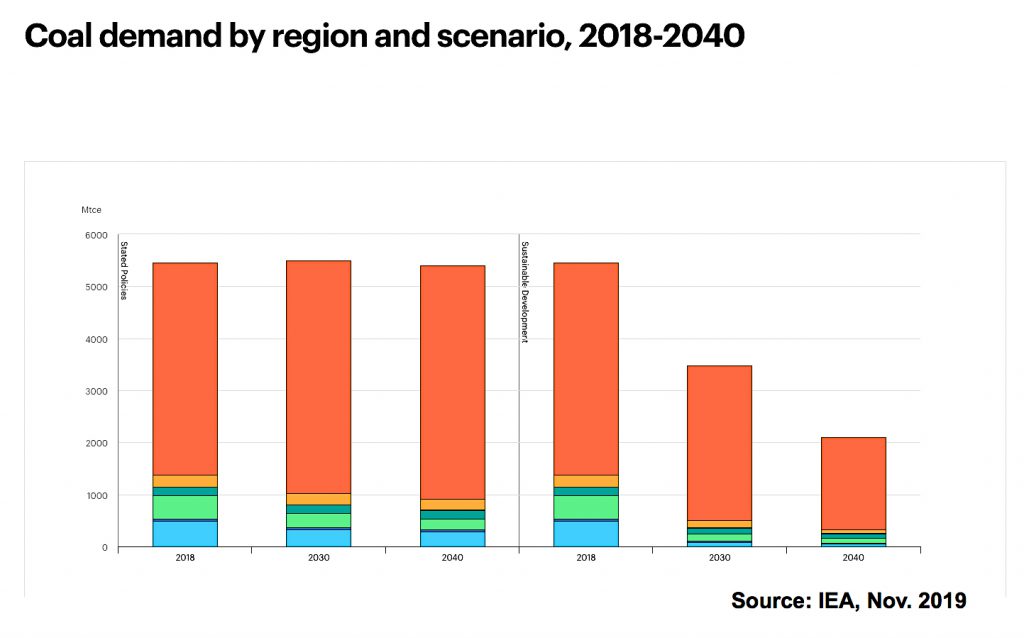Britain is about to pass a significant landmark — at midnight on Wednesday it will have gone two full months without using electricity from coal fired power stations for the first time since the industrial revolution.
The new record, the country’s National Grid said, is partly a result of the coronavirus pandemic. The halting of manufacturing and increased levels of home-working has seen demand for electricity drop by an average of 15% to 20%.
It also comes as renewables have contributed more than ever to the power-mix. During a record-breaking May, those power sources accounted for 28% of all energy production, on average.
Solar and wind produced 11.45% and 15.87% of Britain’s energy last month, respectively, while hydro added a further 0.69%.
Eco-friendly biomass energy production contributed a further 8.75%. Nuclear, which produces no greenhouse emissions, churned out almost 23% of all energy.
The biggest single contributor, however, was natural gas, with 30.06% of total output from this source. While natural gas is a fossil fuel, it produces about 50% fewer greenhouse gases than coal.
No coal plants by 2024
A decade ago, coal accounted for more than 40% of Britain’s energy production over the course of the year, according to data from Drax Electric Insights.
The country plans to close coal plants by 2024 as part of efforts to reach its net zero emissions goal by 2050.
The first coal-free day in Britain was recorded in 2017. Until this month’s record, the previous longest period without coal was in May 2019, when coal power contributed nothing to the grid for two weeks.

Britain’s energy consumption pattern is part of a global trend. The International Energy Agency’s 2019 World Energy Balances data set shows that coal continues to make up one the largest components of global energy consumption, with 28% of the total. Oil remains at the top, with 32%, followed by natural gas (22%), biofuels (9%), nuclear (5%), hydro (2%) and wind and solar (1%).
The agency also expects fast global growth in natural gas and renewable power generation – including a fivefold increase in solar and threefold increase in wind power consumption by 2040.
By Mining.com
More Top Reads From Safehaven.com:
















